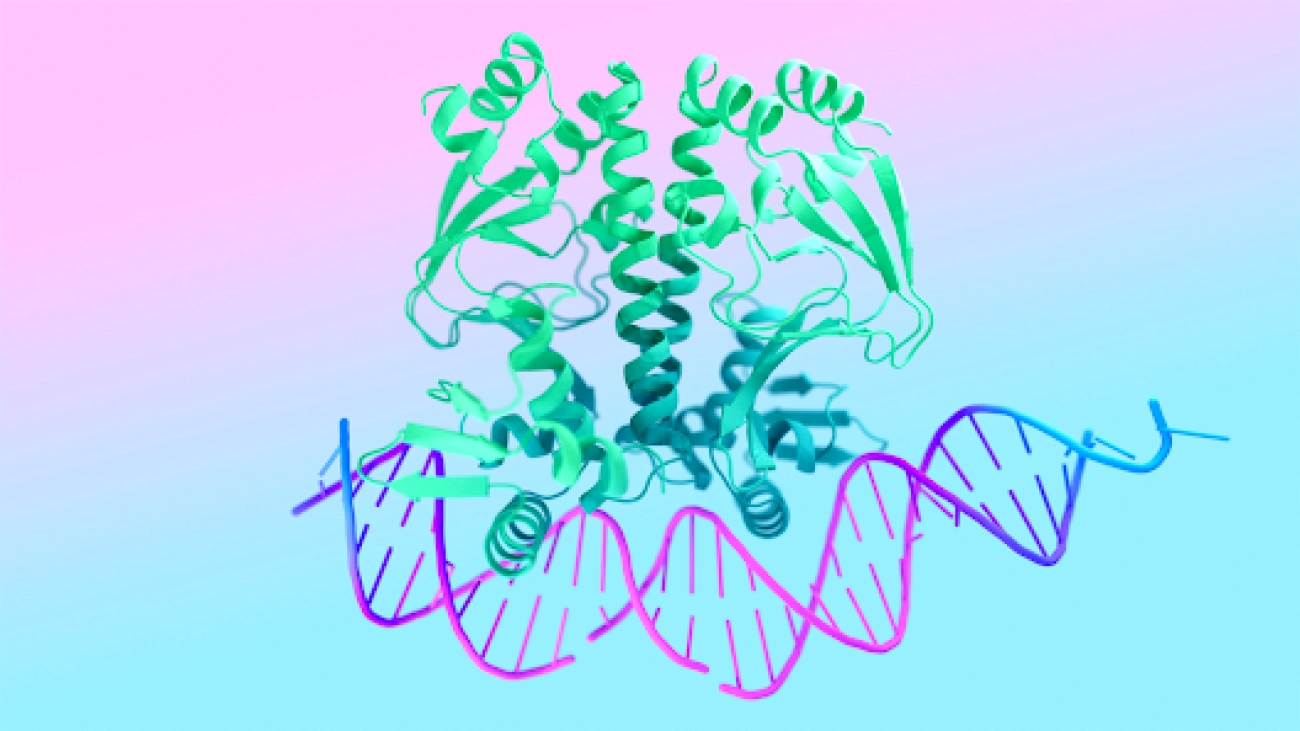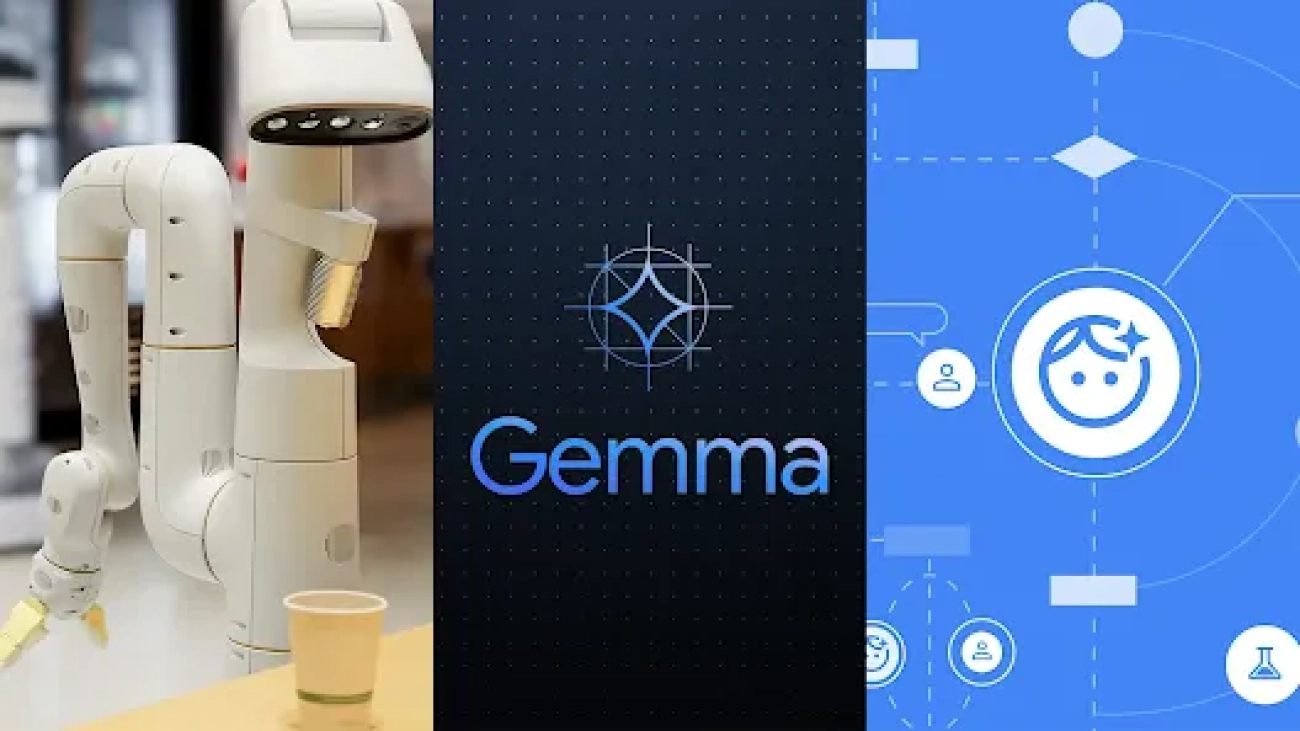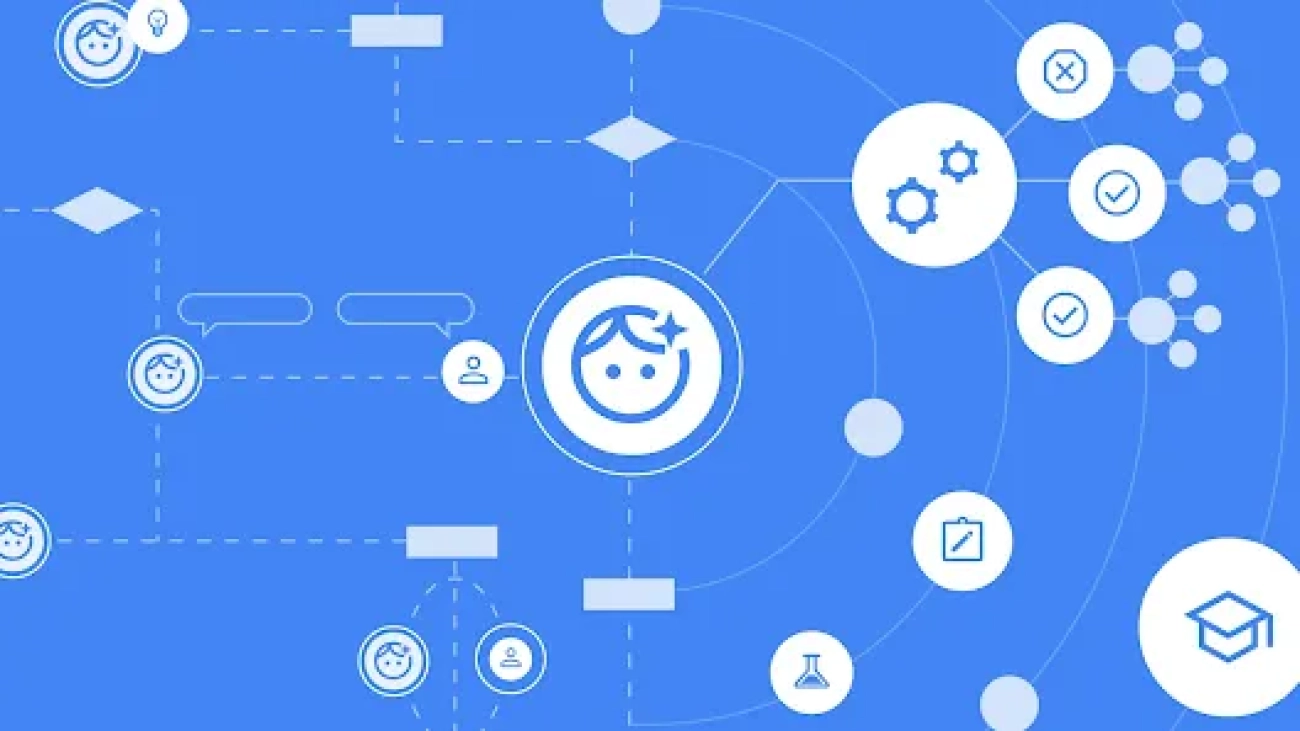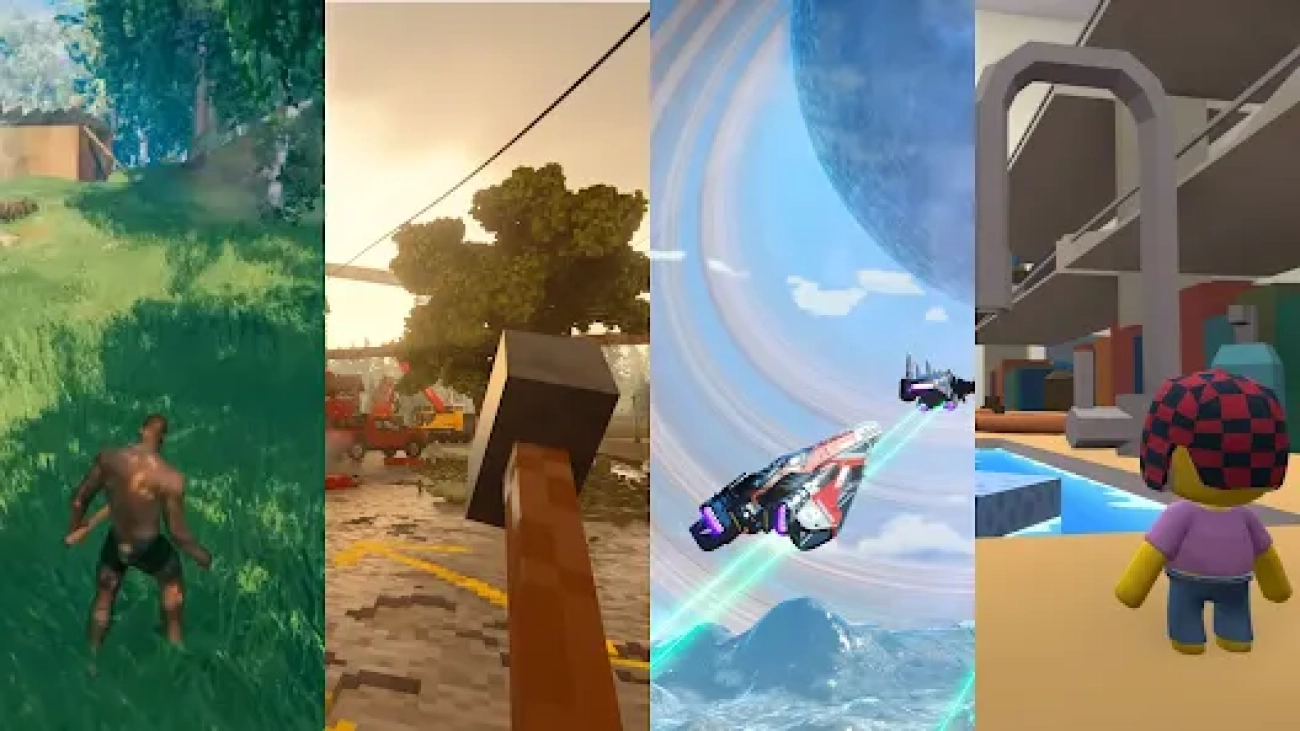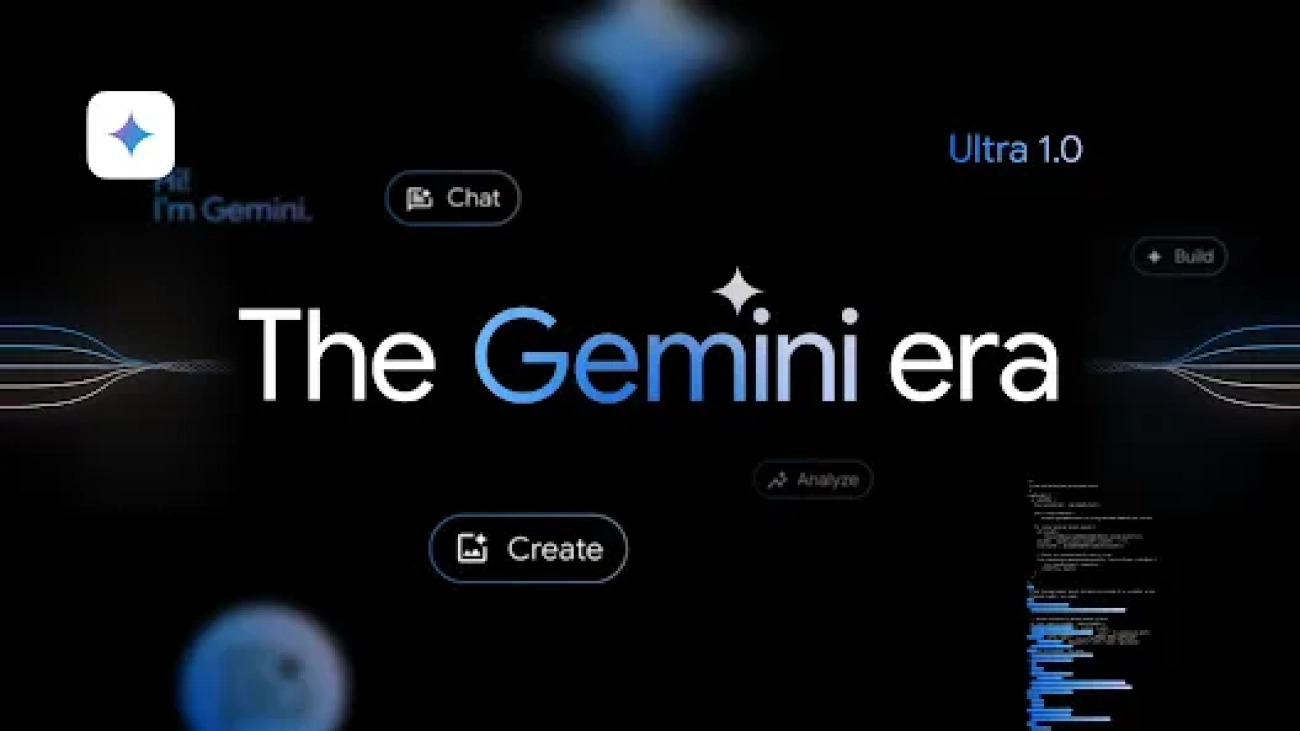Introducing a new AI model developed by Google DeepMind and Isomorphic Labs.Read More
Google DeepMind at ICLR 2024
Developing next-gen AI agents, exploring new modalities, and pioneering foundational learningRead More
The ethics of advanced AI assistants
The ethics of advanced AI assistants
Exploring the promise and risks of a future with more capable AIRead More
TacticAI: an AI assistant for football tactics
As part of our multi-year collaboration with Liverpool FC, we develop a full AI system that can advise coaches on corner kicksRead More
SIMA generalist AI agent for 3D virtual environments
Introducing SIMA, a Scalable Instructable Multiworld AgentRead More
Gemma: Introducing new state-of-the-art open models
Gemma is built for responsible AI development from the same research and technology used to create Gemini models.Read More
Our next-generation model: Gemini 1.5
The model delivers dramatically enhanced performance, with a breakthrough in long-context understanding across modalities.Read More
AlphaGeometry: An Olympiad-level AI system for geometry
AlphaGeometry: An Olympiad-level AI system for geometryRead More
Shaping the future of advanced robotics
AutoRT, SARA-RT, and RT-Trajectory build on our historic Robotics Transformers work to help robots make decisions faster, and better understand and navigate their environments.Read More

